What you should know about Adele Wolfson, Nan Walsh Schow ’54 and Howard B. Schow Professor in the Physical and Natural Sciences, is that she’s not the kind of person to fly to the Caribbean just to see the sky go dark for a few minutes. Except that after eight total solar eclipses, she has become that kind of person.
She describes her first one, in 1998: “If you knew us, especially then, you would think, Aruba in February? Really? I’m taking the kids out of school to do this? We don’t do any of those things, right? We don’t go to tropical isles, and we don’t spend money. But to see an eclipse, we did all of those things.”
Wolfson’s husband, an astronomer and physicist, had been telling her that she needed to see at least one total solar eclipse. And seeing one in Aruba seemed somehow doable.
“It was magic. It was the most wonderful three minutes that I have ever experienced. It got completely dark. The stars came out. The animals stopped making noise,” Wolfson says.
Eclipse No. 2 was in France. “It was pouring rain, and we just drove along the line of the eclipse. And then we pulled over, and the sky opened up, and we saw the eclipse, and it was just fantastic, again. By then, we were completely hooked.”
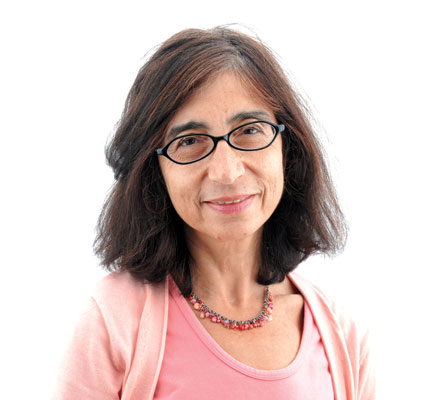
Have you ever been disappointed?
The only one that we’ve ever been clouded out for was in the Cook Islands. We went to this tiny little island that has maybe 200 inhabitants. They had been preparing for us to come for years. They planted extra crops. They had no hotels there, so they put us up in the schoolhouse. And then it was clouded over. And I felt so bad for the people.
But you don’t just see an eclipse. You experience an eclipse. It still actually does get darker. It does get cooler, even though you can’t see everything that’s going on. The people who had never seen one before actually felt like they had had the experience.
What’s the difference between solar eclipses and lunar ones?
Well, lunar eclipses are a dime a dozen. A lunar eclipse is not going to make you think that the world is ending. You can really see why people who didn’t understand how to predict a solar eclipse would really think it was going to be the end of the world, because it feels like that.
How has this changed you?
It’s good for me sometimes to stop and think about things that are beautiful.




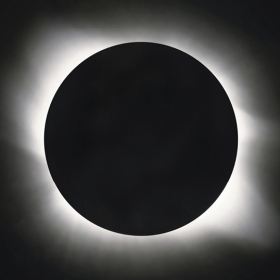
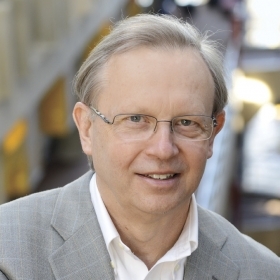
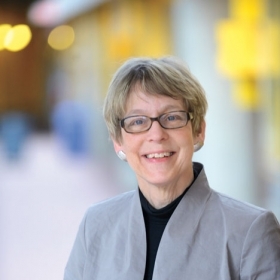
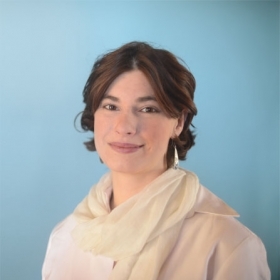
We ask that those who engage in Wellesley magazine's online community act with honesty, integrity, and respect. (Remember the honor code, alums?) We reserve the right to remove comments by impersonators or comments that are not civil and relevant to the subject at hand. By posting here, you are permitting Wellesley magazine to edit and republish your comment in all media. Please remember that all posts are public.